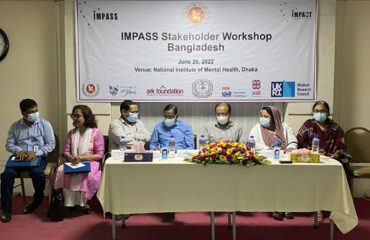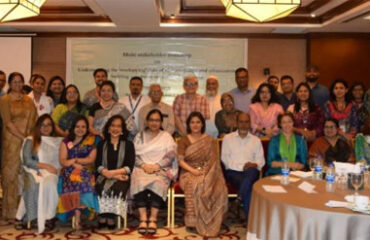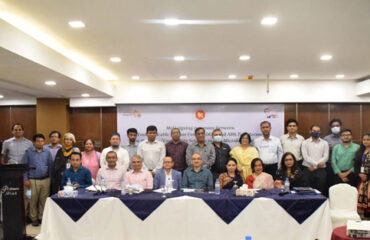Antimicrobial resistance (AMR) is a major threat to global health, food sustainability and security, and socio-economic development. It is estimated that AMR infections cause approximately 700,000human deaths each year globally, a figure that is set to rise to 10 million by 2050 if no action is taken.
COSTAR will build upon these successful foundations by combining the PV and CDA
approaches into a single intervention in each setting. COSTAR will use PV as a mechanism of generating knowledge to support the further development of CDA resources in each setting. Project teams will then use these resources to implement the CDA, and will assess its effectiveness for improving knowledge, attitudes, and practices in relation to AMR. In both Nepal and Bangladesh, COSTAR will use PV and rapid ethnographic studies to understand the One Health context of antimicrobial resistance in each country. These learnings will support the development of contextually specific materials to support the training of CDA facilitators. CDAs will then be delivered in each country.
In Bangladesh, CDAs will be implemented across the catchment areas of 25 community clinics,each of which has an approximate population of 6000. The approach will be evaluated through a cluster-randomised control trial (RCT). COSTAR will also assess the scaleup cost and cost-effectiveness of the CDA, the extent to which it is equitable, gender sensitive and participatory, and its potential to be scaled up.
Full title: Engaging communities to address antimicrobial resistance: Identifying
contextualized and sustainable community-led solutions in low resource settings.
Funder: UKRI (UK Research and Innovation) GCRF collective fund
Duration: January 1st 2021 – December 31st 2023
Host Institution: University of Leeds (UK)
Partners: HERD International (Nepal), ARK Foundation (Bangladesh), Chittagong Veterinary University (Bangladesh), Malaria Consortium, University of Liverpool, University of Western Australia.
Implementation settings: Nepal and Bangladesh
Website: COSTAR : https://ce4amr.leeds.ac.uk/costar/





